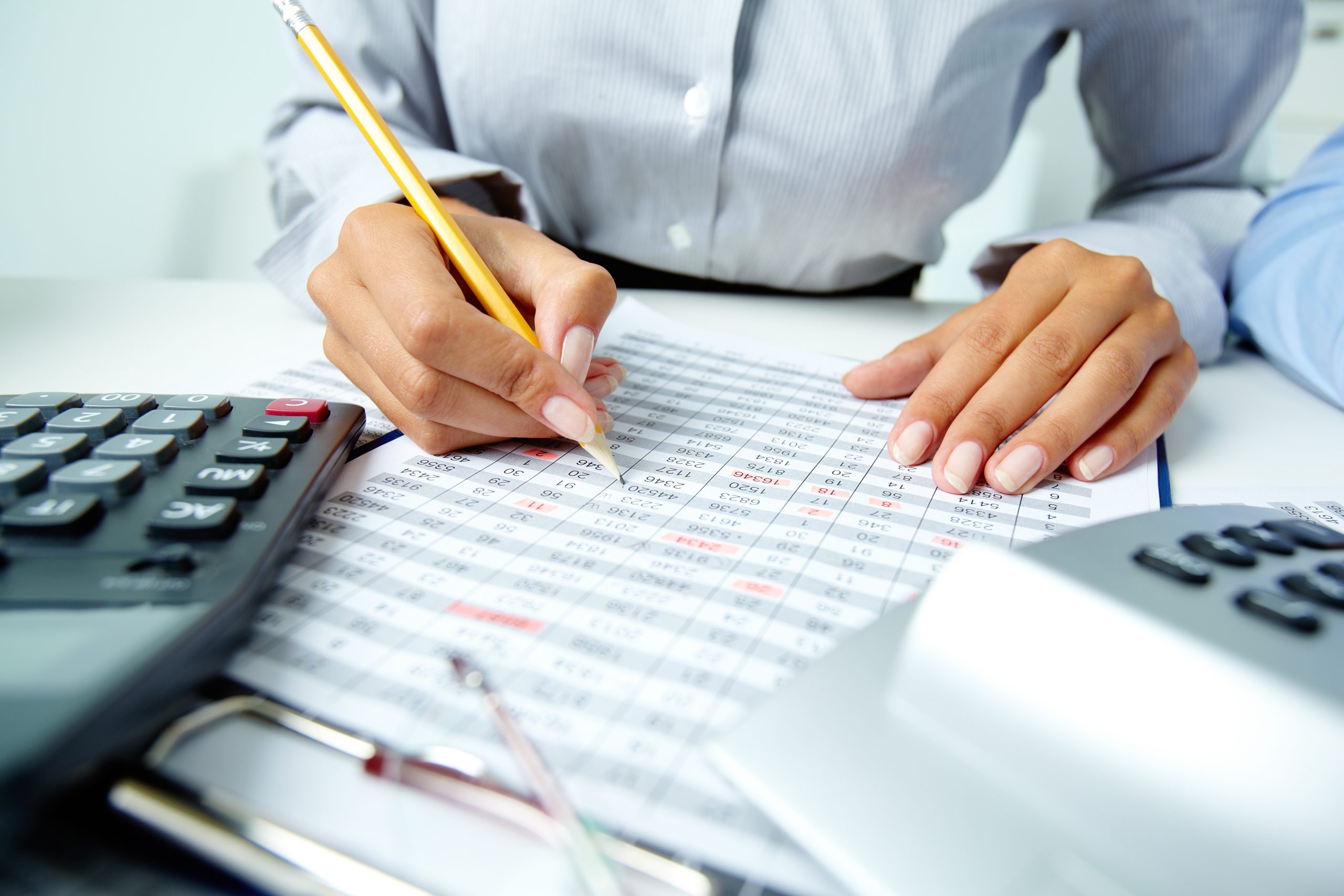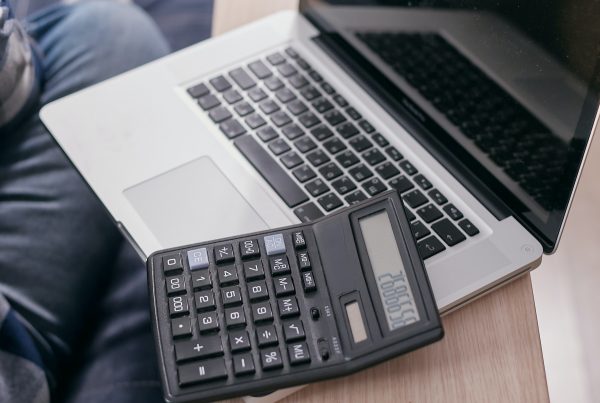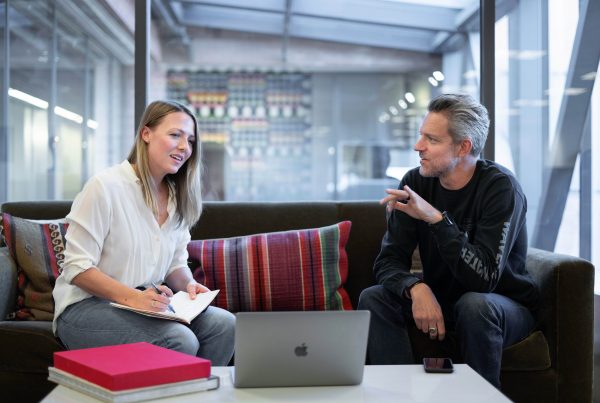Normally a VAT registered business must pay VAT on sales to the Revenue based on VAT arising on invoices issued in a VAT period even if the invoice has not been paid.
However certain businesses can opt to account for VAT on a cash receipts basis (which has cashflow advantages)
- VAT registered traders whose supplies of goods or services are almost exclusively (at least 90%) made to unregistered persons. This would apply in practice mainly to retail outlets, public houses, restaurants, hairdressers and any similar type of business,
or - VAT registered traders whose annual turnover(exclusive of VAT) does not exceed or is not likely to exceed €2m.
A business must apply to its tax office to be authorised to account for VAT on cash receipts basis which is with effect from start of period in which application is made or a later date if specified.
A business adopting the cash receipts basis must still comply with their obligations as regards the issue of invoices and other documents, the maintenance of records, lodgment of returns etc.
The supply of goods and services to a person who is not entitled to full deduction of the VAT charged in respect of that supply may be treated as a supply to an unregistered person, for the purposes of determining whether a person qualifies to use the cash basis (i.e. for the purpose of the 90% rule).
Transactions between connected persons are excluded from the cash receipts basis of accounting for VAT which must continue to be accounted for by reference to the invoice basis.
VAT on property transactions must always be accounted for on an invoice basis
If you are eligible for the cash receipts basis for accounting for your VAT on Sales, you may still account for your input credit (VAT on purchases) on an invoice basis i.e. you can claim the credit even if you have not yet paid your creditor. Taxpayers often think, incorrectly, that if they account for VAT on sales on a cash receipts basis that the VAT on purchases must also be accounted for on a cash payments basis. This is not the case.
The Revenue provide detailed guidance on VAT Charging, Accounting and Keeping Records here.





